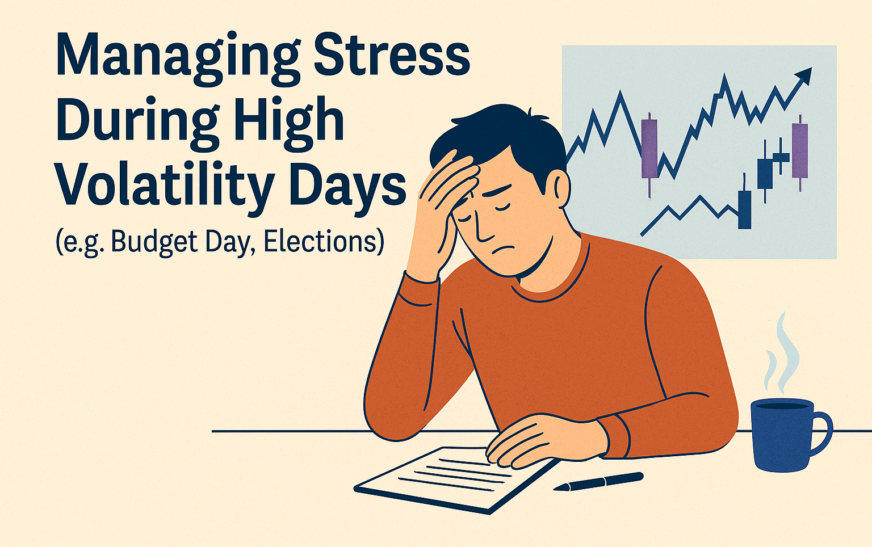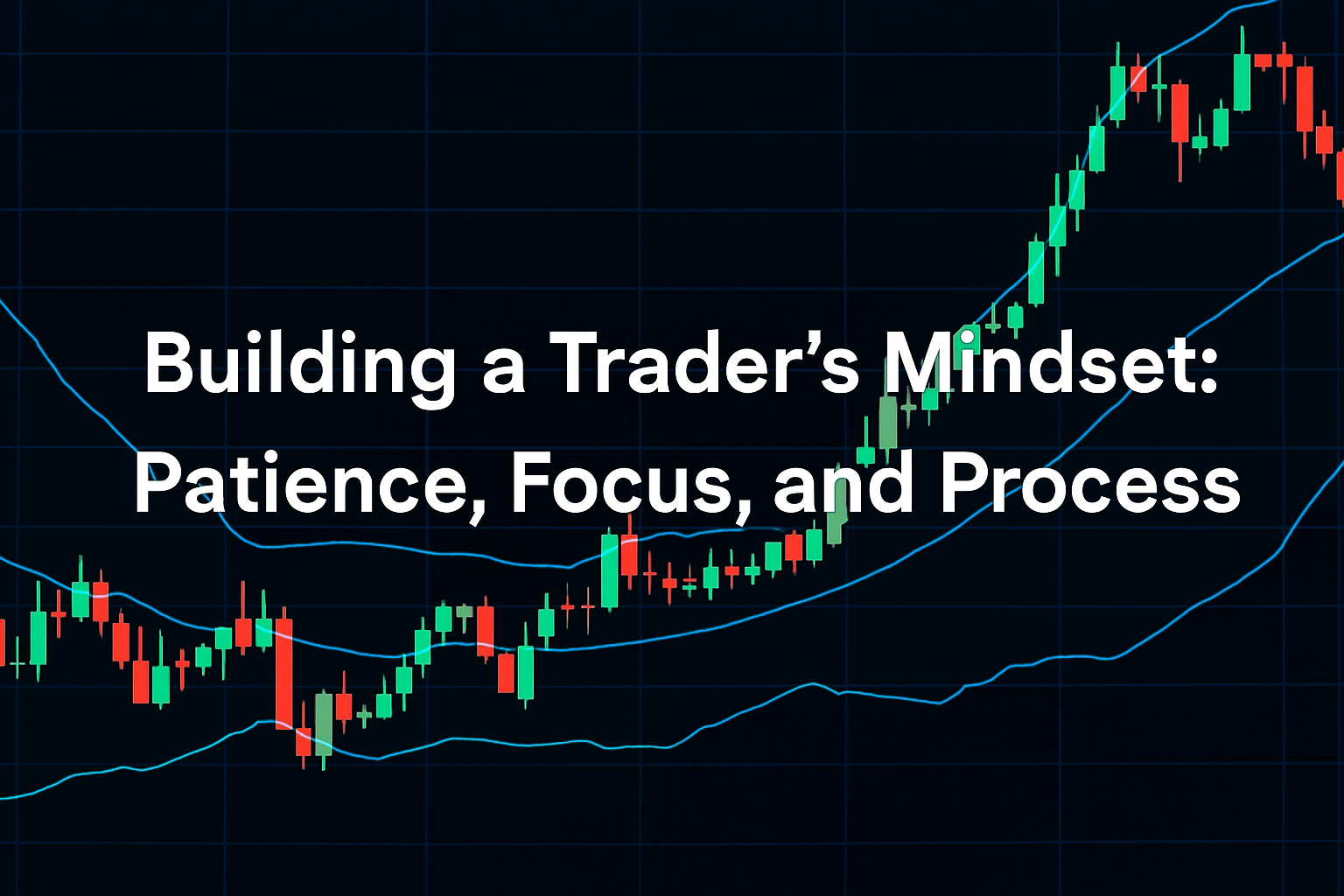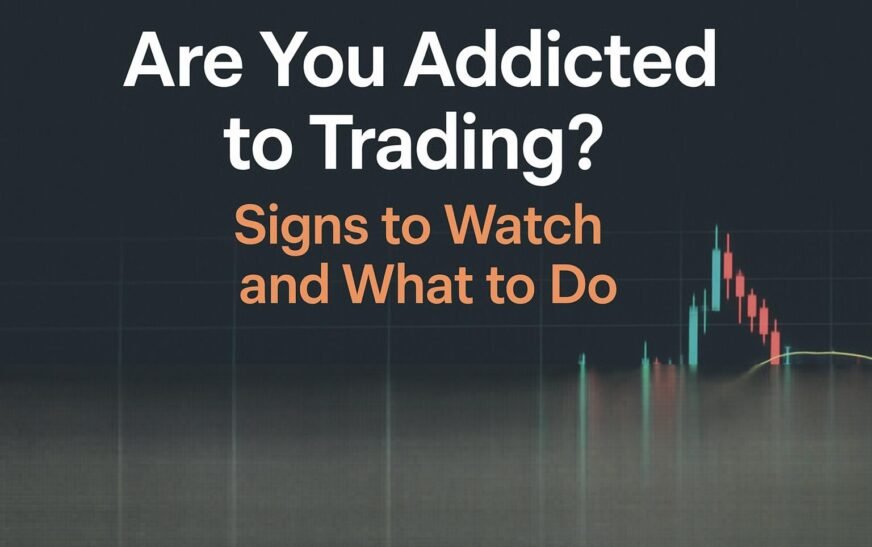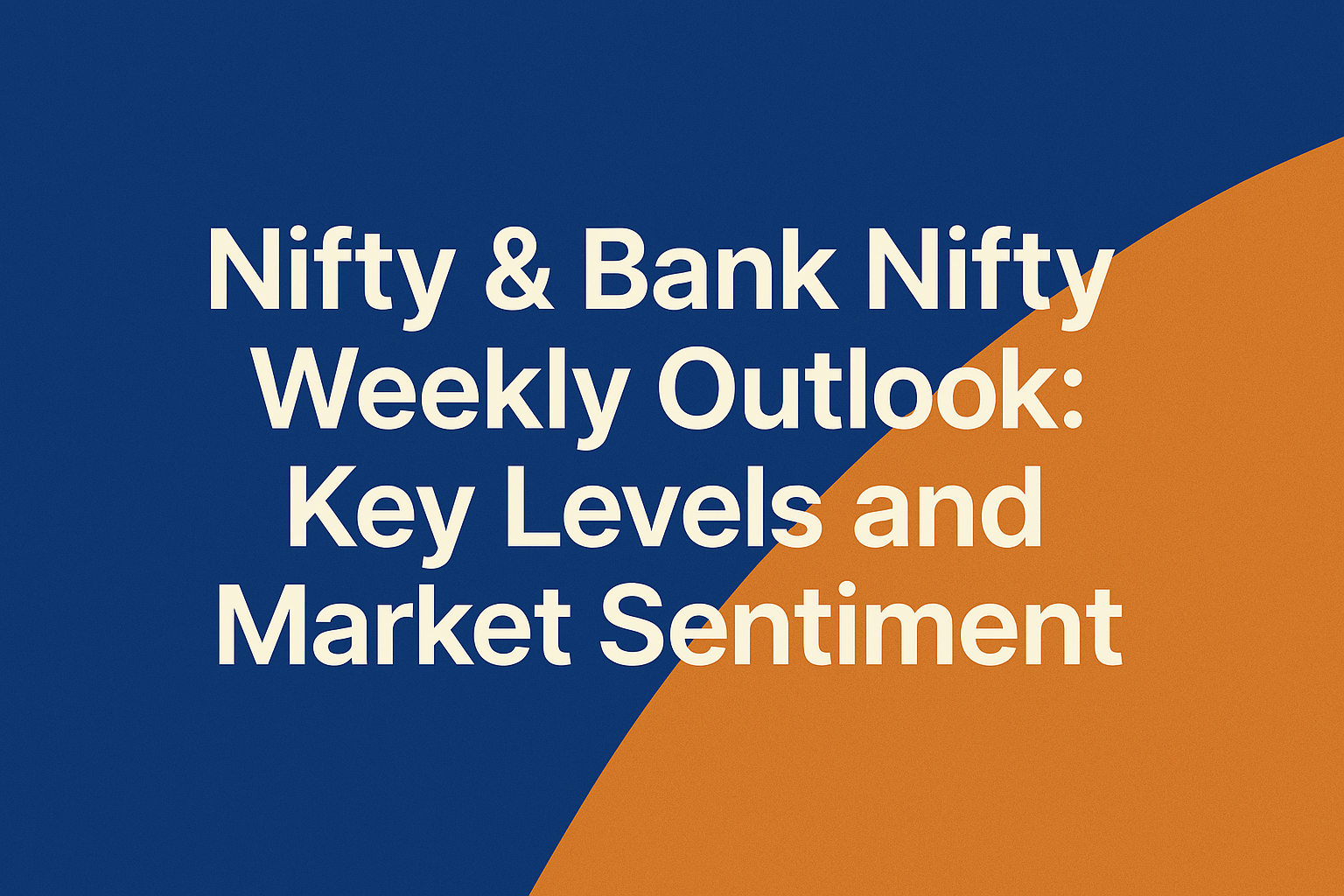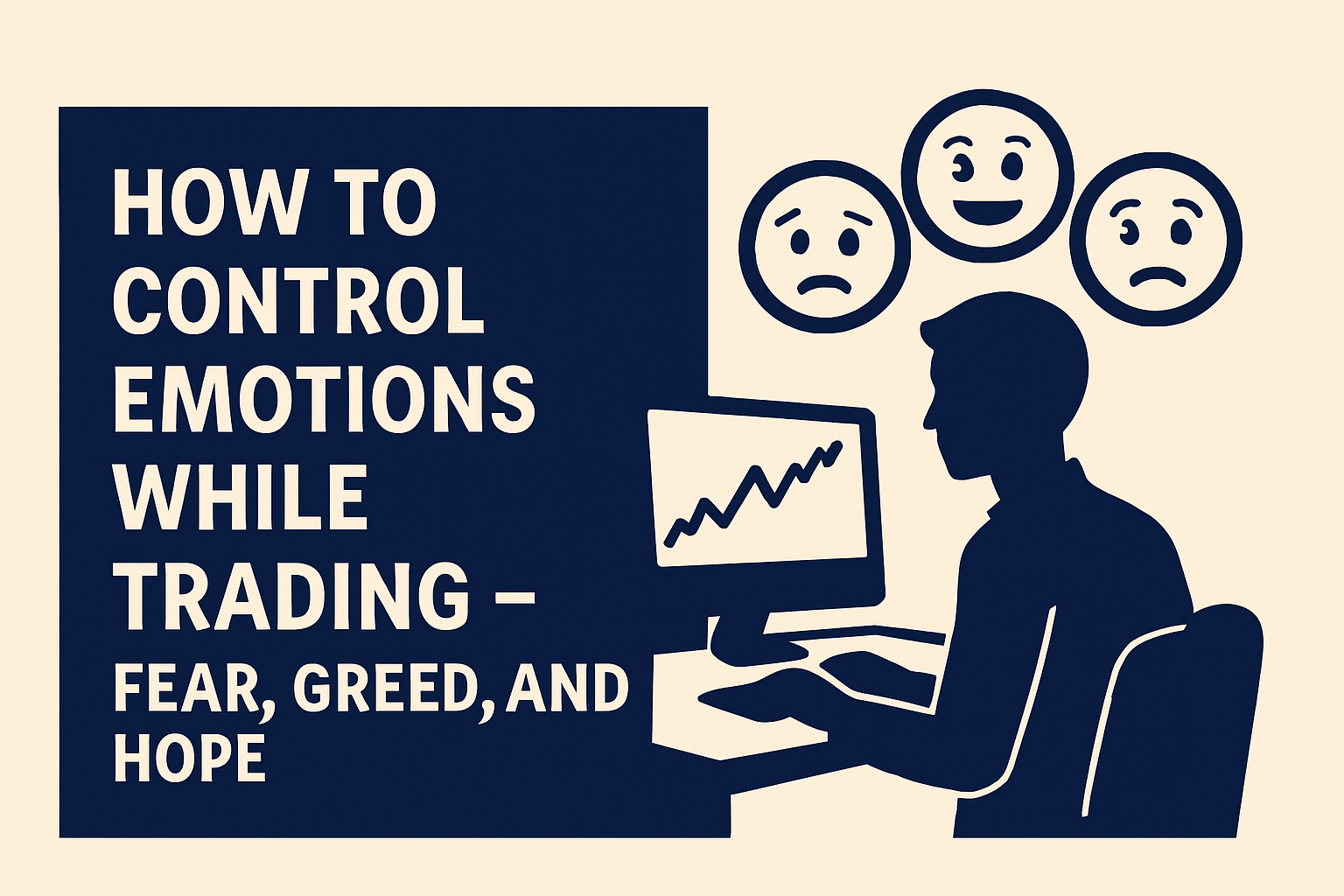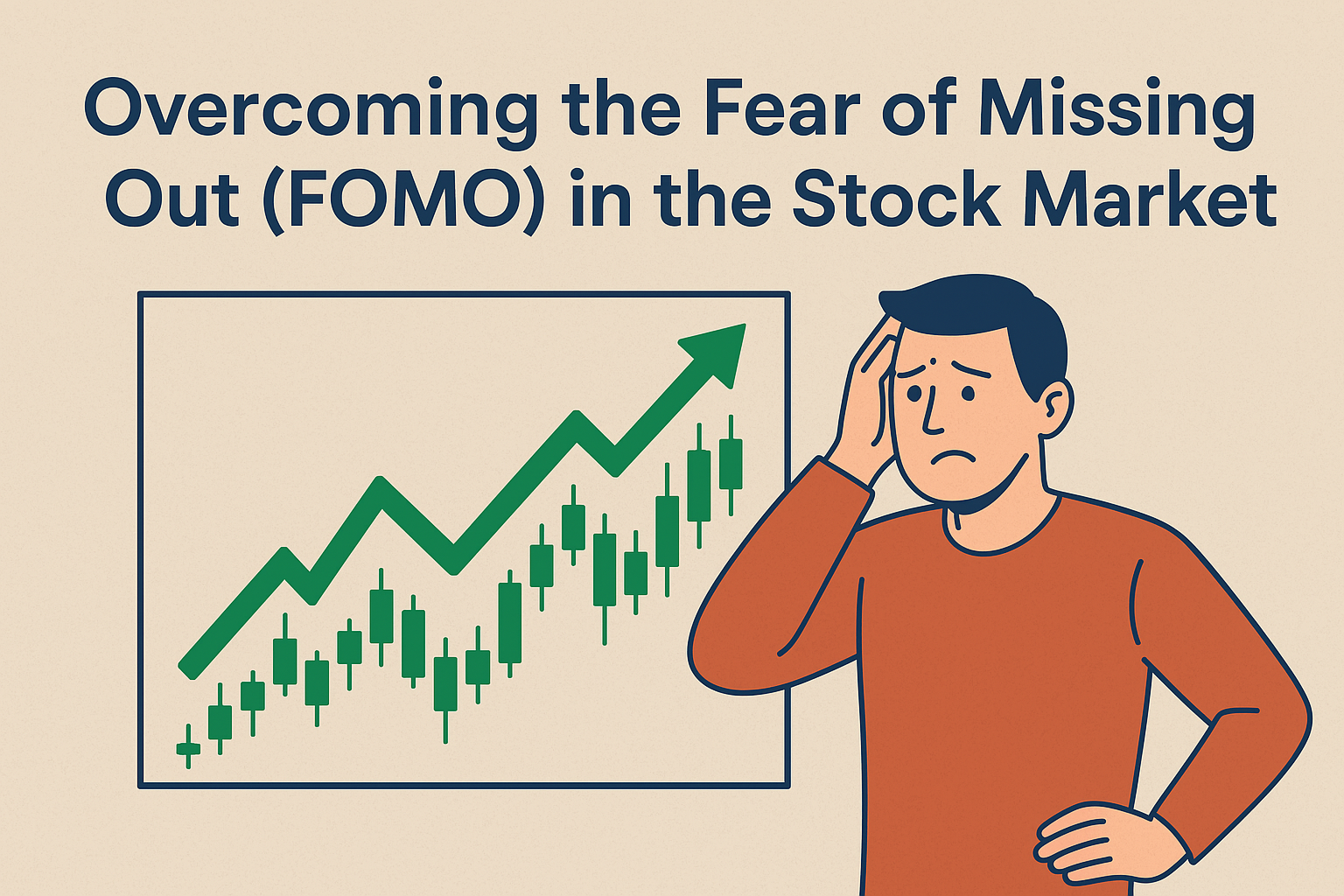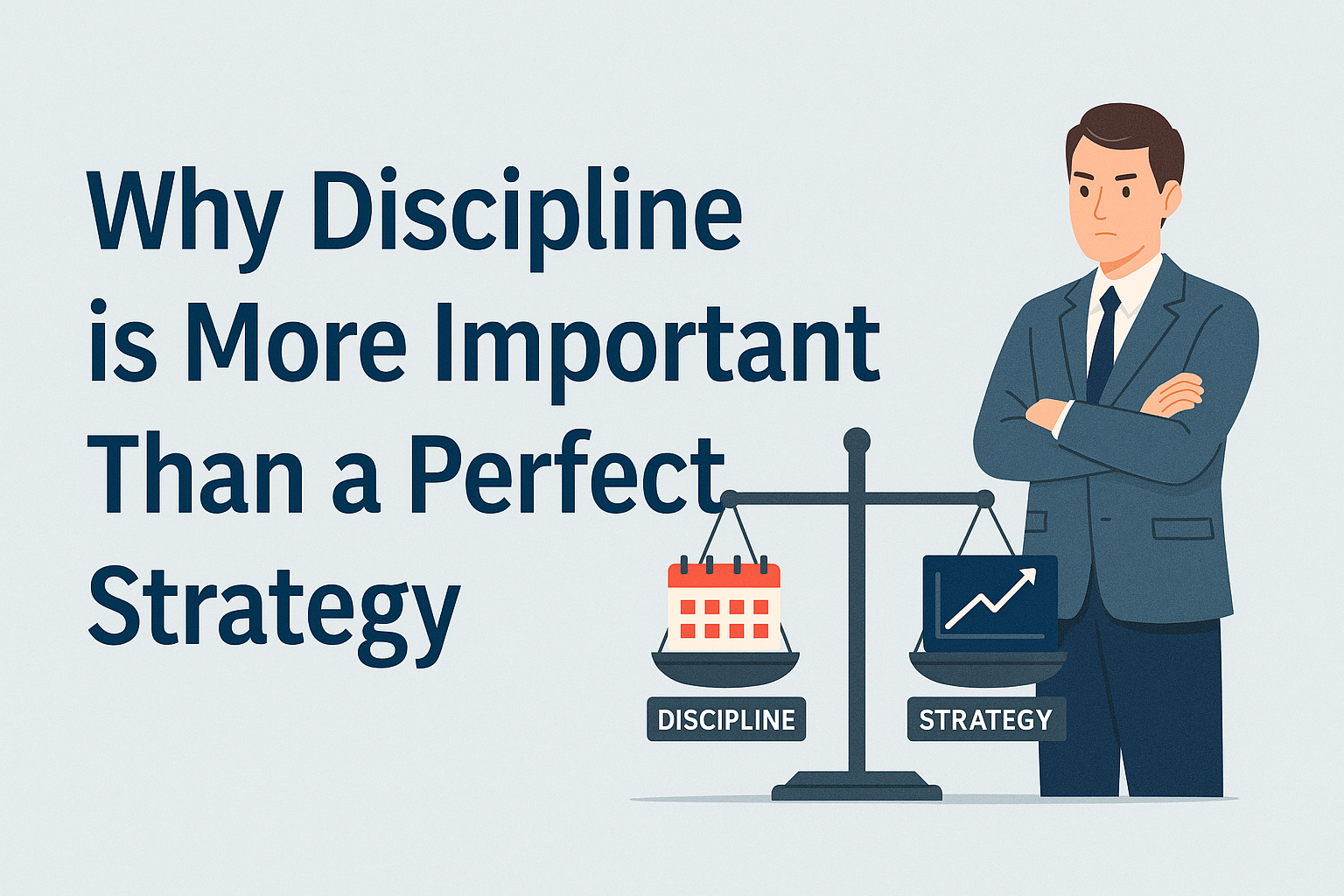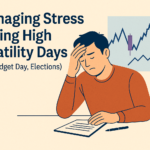Introduction
High-volatility trading days can be both exciting and overwhelming. Major events like Union Budget announcements, election results, or RBI policy meetings often cause sharp price swings in NSE stocks and indices. For many traders, these are high-risk, high-reward opportunities—but also high-stress. In this article, we explore how to manage stress and protect your trading mindset when volatility spikes.
Why These Days Are So Stressful
- Unpredictable Price Swings
Markets can move sharply in both directions within minutes, making it difficult to hold a position confidently. - FOMO and Panic
Fear of missing out on big moves or making irrational trades based on sudden price action can dominate decision-making. - Emotional Pressure
The pressure to perform on “big days” leads many traders to abandon their plans or overtrade.
Practical Tips to Manage Stress on Volatile Days
1. Prepare the Night Before
Study potential market-moving triggers. Check global cues, major announcements, and technical levels. Going into the day with awareness reduces uncertainty.
2. Define Your Trade Plan in Advance
Set your entry/exit levels, stop-losses, and risk amount before the market opens. Avoid making decisions on the fly.
3. Reduce Position Size
Trade with a smaller quantity than usual. Volatility can lead to slippage and unexpected losses. Smaller positions help control emotions.
4. Avoid the First 15 Minutes After Market Opens
Let the initial volatility settle. Observe the price action before entering a trade. Many false breakouts happen during this time.
5. Don’t Trade If You’re Mentally Unprepared
If you’re feeling anxious, impatient, or under pressure, it’s okay to skip trading. Capital preservation is also a win.
6. Focus on Execution, Not Outcome
You can’t control the market, but you can control how you react. Follow your setup and risk plan, regardless of the result.
7. Keep Distractions Away
On high-pressure days, eliminate distractions. Don’t trade with the news running in the background or while multitasking.
8. Take Breaks Between Trades
Step away for a few minutes if you take a trade and exit. It helps reset your emotions and avoid revenge trading.
9. Journal Your Experience
Write down how you felt, what trades you took, and what you learned. Over time, you’ll notice patterns and build stronger habits.
10. Accept That You Won’t Catch Every Move
Missing a rally or a perfect trade is fine. Your goal is consistency, not perfection.
After the Day Ends
- Review your trades, not just by profit/loss, but by process.
- Reward yourself for discipline and sticking to your rules, even if you didn’t trade.
- Reflect on what could be improved next time, without judgment.
Conclusion
Volatile days can be profitable—but only if approached with preparation and control. By managing stress, you improve your clarity and protect your capital. With every big event, you gain not just trading experience, but emotional discipline—a trait that separates successful traders from the rest.

